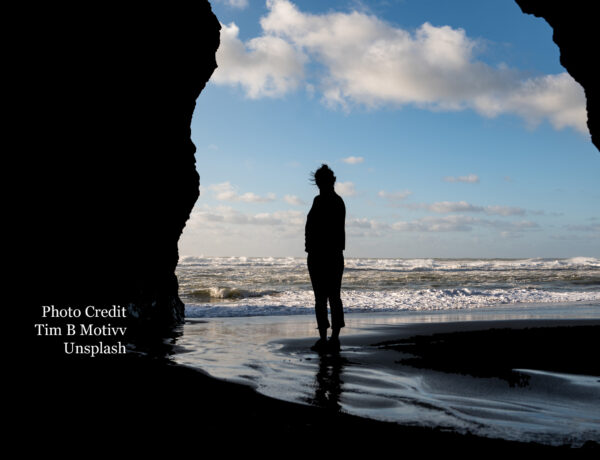Originally published February 24, 2013
The Rise and Fall of Paradise by Elmer Bendiner, Available for $10 or less.
This is one of those treasures that have rested on my shelf for some time; an intriguing title that captured my attention during an afternoon browse. I finally made time to visit it and I’m glad I did. I am a history nut. Consequently I will plow through rather uninteresting books in search of some tid bit of information that enlightens me about a person, place or event. This little gem required no plowing. Written in delightful prose and full of wit and genuine style, Bendiner starts your journey in the modern day country side of the towns and cities which, in the distant past, were part of Andalusia; the Caliphate of Cordoba. Traveling through the Spanish country side he points out the present state of the ancient towns and gently walks you back to a time over 1,000 years ago to the land of Cordoba as it prepared itself for the reign of the Moors. I shall give you a brief picture of this fascinating adventure.
It was during the 6th and 7th centuries that the Roman influence had deteriorated to nothing more than a caste society. Members of society were locked into professions by birth, there was abject poverty, the influence of aristocracy was waning and the Roman infrastructure was laid waste. Coming out of the forests of eastern Europe, the Germanic tribes the Visigoths, Sueve, Basques and Franks cleared away the dross of the old empire by pillaging, raping and plundering throughout the countryside, converting to Christianity as they rampaged the continent. Once established, competing Christian dogma kept the various kingdoms in constant battle. That is, of course, when they were not all busy trying to convert or eradicate every last Jew on the continent. Baptism, death, or exile were the only choices offered.
In the meantime, the Muslim kingdoms had conquered most of the North African shores. Spain was looking quite tempting at the time, but not enough was known to risk entering the country for conquest. Then along comes an incident at a river side when the reigning king of the Visigoths came upon a maiden fair and, well, you know the rest. Her father was not amused and convinced the Muslim army to make “an investigation.” Europe was ripe for the picking and the “investigation” turned into a complete rout. Reaching Cordoba, the Muslim forces held a siege for three months until the Jews and dissident Christians within the walls helped the invaders reach their goal. Thus the door to Europe was flung wide open. This was in 713 CE.
Islam was having difficulty deciding the lines of succession from the great prophet and one of the families which suffered a falling out was the Omayyads. What could have been the last remaining prince of the line found his way to Cordoba to establish a emirate at least ostensibly answering to the Caliph is Damascus. Communications weren’t all that great in that day so the Emir had far more freedom than was probably appreciated in the far distant capital. This enterprising survivor was the first Abdar Rahman and he was the father of a long line of rulers who, at times, were quite brilliant.
This is the ground work laid down for the dawning of a Renaissance that occurred much earlier than taught under that name; the beginnings were in the 10th century. Granted, there were stops and starts, wars and weak, inattentive rulers, but many were men who sought to bring education and economic health to their kingdoms. Their rule was tolerant to both Christians and Jews and, in fact, both prospered well. Europe became a stable place and prosperity was reaching the lowest of the low. No one went hungry. The arts, sciences, medicine, and education were available to all. Non-Muslims were taxed but not persecuted and, in fact, the Muslim judges went out of their way to foil the martyrdom yearnings of many young Christian fanatics. Sadly, not all took the hint. It was, indeed, a tolerant and wealthy kingdom.
Bendiner describes the political maneuverings of the kingdom, the search for writings from all over the known world to be translated into Arabic (lost when a later regime purged the library). He tells of the legends of Jews who traveled the world as merchants. They returned to Cordoba with much that fueled the economy of Andalusia. With dry wit, Bendiner reports the follies and foibles of monarch and subject alike. Eventually, this lovely paradise was desired too greatly by those that would use it and abuse it. But, for a shining century, the plains of Spain nurtured a kingdom built on the talents of all of its people.
The author’s bibliography is provided in a narrative form. This is extremely helpful because he describes the history as it has been provided. As is the usual case, most of the written record has been preserved by persons with an agenda. His mission was to describe the Caliphate not as a Christian, Muslim or Jew, but as an historian; watching the workings of successful and visionary rulers “When Arabs and Jews Built a Kingdom in Spain.”
It you want to know more about history but just can’t swallow those dates and places and people things; this type of adventure could be just the thing. It’s a very different perspective on a time in history when minds were allowed to explore and create and society found some small bit of justice.




No Comments